Those who had the honor of serving as David Zola’s teaching assistants never quite knew what lesson they were in for from one class to the next.
Take it from Indian immigrant Punya Mishra, who played that part while working on his Ph.D. in educational psychology the ’90s and still remembers the first time he saw his late mentor teach.
“He was on stage in front of 200-plus undergraduate students with a plastic cup of wine in his hand. The wine had been poured for him by a teaching assistant from a bottle hidden in a brown paper bag and David’s task was to figure out the provenance of the contents of the bottle.
"He sniffed and swilled and sipped, all the while talking us through the process and, more importantly, how he had acquired this skill.
“In short, he talked to us about learning, and that learning was more than what happened in schools and classrooms, and through that subtly hinting that all was lost when we speak of learning as just occurring in schools and classrooms.
"I remember being impressed by how well he did — I think he got the year and country but not the exact vineyard — but, most importantly, what has stayed with me was his willingness to take this risk to make a broader point about learning and education.”
Mishra is now himself in the higher education business, an associate dean of scholarship and innovation and professor at Arizona State University’s Mary Lou Fulton Teachers College.
There’s a little David Zola in everything he does on the job.
“David has been an incredible influence on me — as a teacher and educator,” Mishra says. “He showed me that even in an environment that often does not value teaching, a culture that focuses on publications and grants, it was possible to be a good teacher. It was possible to care for every student — even in large, supposedly impersonal lecture classes.
“He demonstrated, in multiple ways, that there is nothing — nothing — that is out of bounds to get our students to connect with the ideas and concepts they need to learn. He taught me to be a good teacher and a good teacher/leader.
“He taught me that however talented we may be, however hard we may try, we are better collectively than we can ever be individually. These are lessons that I have internalized and are a core part of my identity as a teacher and educator.
“David is missed. But his legacy lives on — in me and in each of the students whose lives he touched, in his inimitable way.”
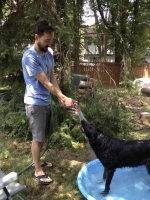
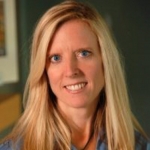
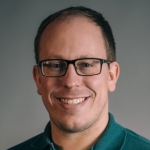
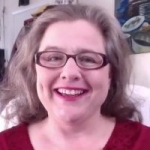
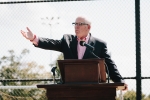
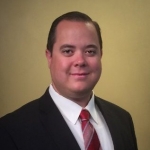
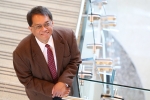
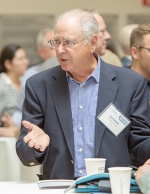
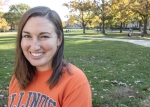
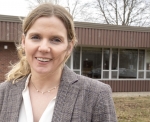
© 2026 The News-Gazette, All Rights Reserved | 201 Devonshire, Champaign, IL | 217-351-5252 | www.news-gazette.com
